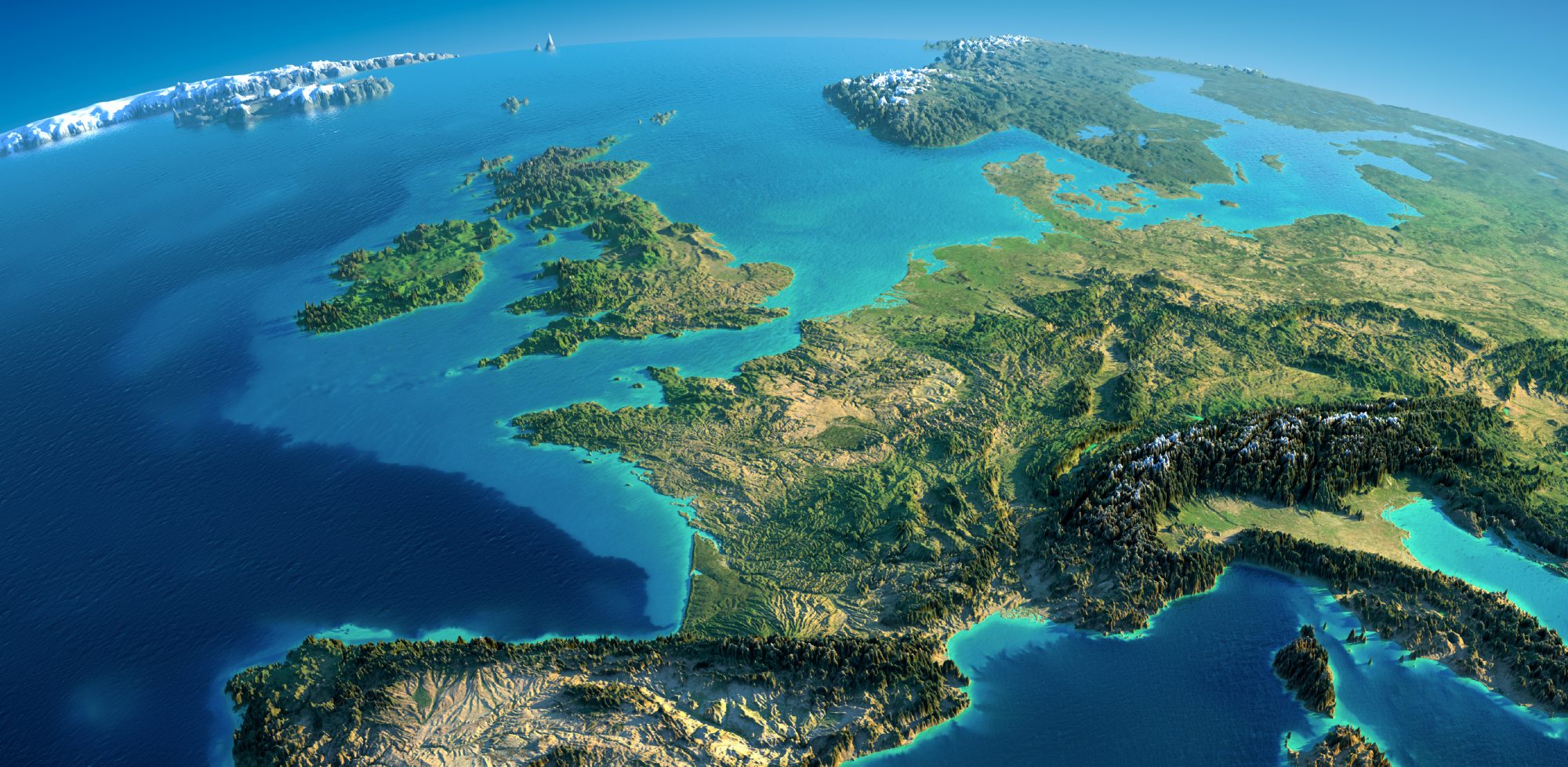UK Environmental Watchdogs Launch Coordinated Investigation
The Office for Environmental Protection (OEP) and Environmental Standards Scotland (ESS) have today announced that they are launching an investigation into possible UK-wide breaches of environmental law, specifically with regards to Special Protections Areas (SPAs).
SPAs are designations under the European Union Directive on the Conservation of Wild Birds. Under the Directive, Member States of the European Union (EU) have a duty to safeguard the habitats of migratory birds and certain particularly threatened birds. Together with special areas of conservation (SACs), the SPAs form a network of protected sites across the EU, called Natura 2000. Since leaving the EU, the UK has retained these conservation sites but they now fall outside of the Natura 2000 network and are instead part of the UK’s national site network.
England and Northern Ireland
The OEP is investigating the Department for Environment, Food and Rural Affairs (Defra) Secretary of State (SoS) and Natural England over possible failures to comply with environmental law in relation to Special Protection Areas (SPAs) for wild birds. The investigation will seek to determine whether the Defra SoS and Natural England have failed to comply with environmental law relating to SPAs on land. This includes possible failures to implement recommendations given by the Joint Nature Conservation Committee (JNCC) and other conservation public bodies on the classification and adaptation of SPAs and in respect of their general duties to protect and maintain wild bird populations.
SPAs are legally designated sites that protect rare and threatened wild birds, such as curlew, bittern and common tern found in England. SPAs are internationally important areas for breeding, overwintering, and migrating birds. They have also been shown to deliver positive outcomes for wider biodiversity. Wild bird populations continue to decline across England, with 70 species now on the Birds of Conservation Concern Red List – a number that has almost doubled in 25 years. The Severn Estuary, the North Pennine Moors, and The Wash are some examples of England’s SPAs, with the latter regularly supporting over 400,000 waterbirds over the winter.
The JNCC and other conservation public bodies have carried out reviews of SPAs that focus on land and coastal sites, in doing so, they then made recommendations to Defra on the creation of new SPAs and adaptation of existing SPAs in order to protect and maintain certain wild bird populations.
As part of its wider work the OEP will also seek to understand the progress of SPA reviews in the marine environment.
The OEP will also be investigating the Department for Agriculture, Environment and Rural Affairs (DAERA) in Northern Ireland over possible failures to comply with Northern Ireland environmental law in relation to SPAs.
Scotland
ESS will carry out an investigation to assess if enough is being done to protect the habitats of Scotland’s rare, threatened and vulnerable birds. The investigation will determine whether there has been a failure to comply with legal duties regarding the classification of the Special Protection Area (SPA) network in Scotland.
SPAs are areas that are chosen to protect rare or vulnerable bird species. There are currently 162 SPAs in Scotland which protect the homes of a wide range of species including the Golden Eagle and Red Kite.
The investigation by ESS will examine the governance of recommendations made by the Joint Nature Conservation Committee (JNCC) in respect of the classification of SPAs in Scotland. The JNCC is responsible for advising Scottish Ministers (and the UK Government and other devolved administrations) on aspects of the classification and management of SPAs, publishing SPA Selection Guidelines and providing advice to nature conservation bodies, including NatureScot, in connection with their functions.
This investigation follows a representation submitted to ESS that expressed concern that environmental law regarding SPAs is not fully implemented across the UK. The representation states that this may have a detrimental impact on protected bird species in Scotland.
Wales
Wales does not yet have its own environmental watchdog, however the Interim Environmental Protection Assessor for Wales (IEPAW) is undertaking work that includes SPAs, with shared concerns over them
